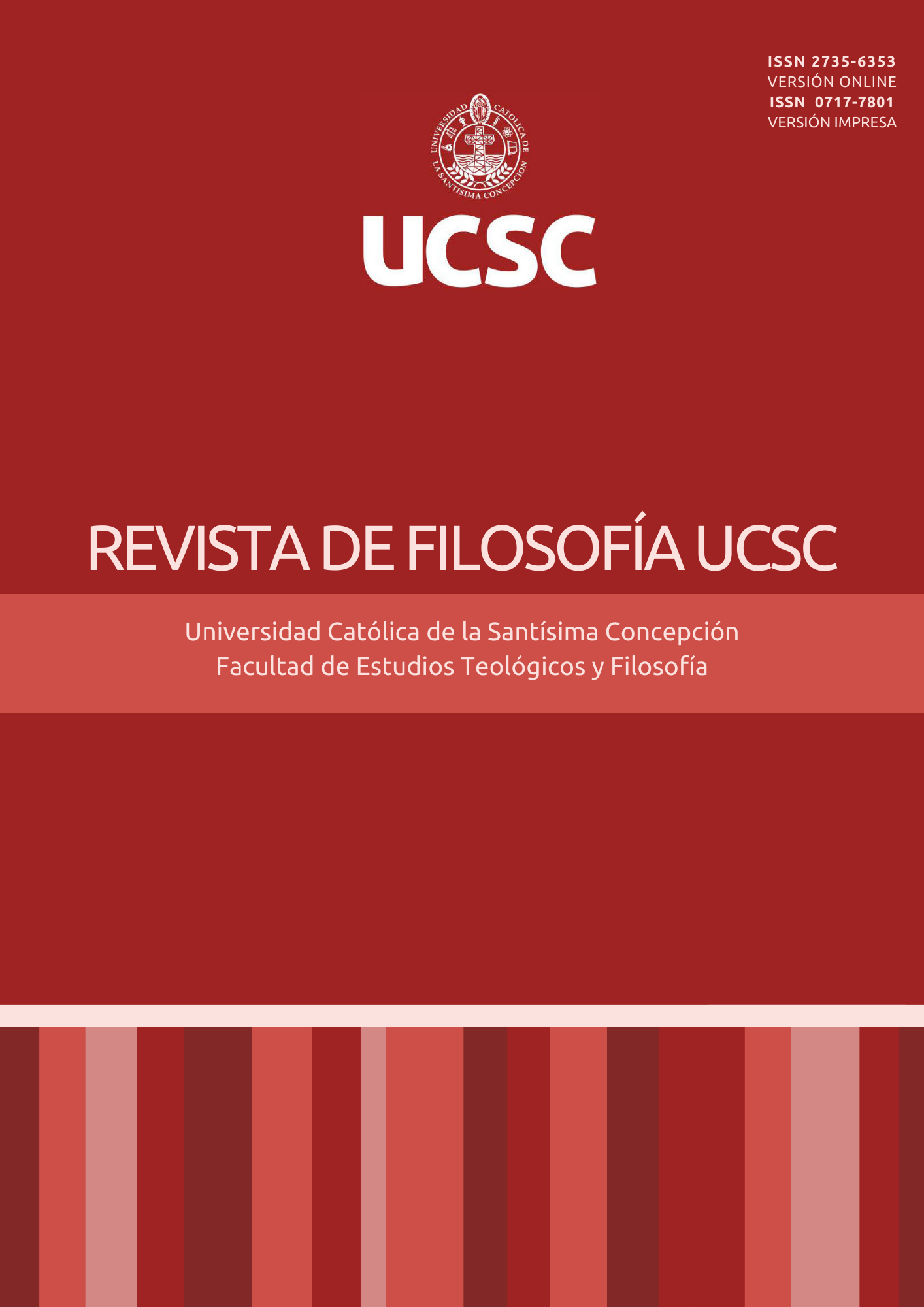Christian humanism or posthuman paganism?
Main Article Content
Abstract
Starting from a supposedly ‘liberating’ experience of man's being in modernity, a correlate of secularization, in this paper we present some essential traces of the profound anti-humanist critique -advanced in the twentieth century- of this ideal man already in acute crisis. In this sense, the current cultural experience largely considers that this ‘man’ ‘constructs’ himself from his will and freedom unanchored from God and truth, with the objective of a posthuman life. We maintain that this is an infrahuman neo-paganism, characterized by an immanentist, post-metaphysical and materialistic thought that does not recognize the reality of man and his transcendence - to a great extent, in power and politics or in the power of the technoscience of the transhumanist ideal - a truth in which he can only live with dignity and happiness. We will defend the importance of restoring the Christian -and more precisely Catholic- matrix for an integral formation of the person as authentic humanism.
We maintain that this is an infrahuman neo-paganism, characterized by an immanentist, post-metaphysical and materialistic thought that does not recognize the reality of man and his transcendence - to a great extent, in power and politics or in the power of the technoscience of the transhumanist ideal - a truth in which he can only live with dignity and happiness. We will defend the importance of restoring the Christian -and more precisely Catholic- matrix for an integral formation of the person as authentic humanism.
Downloads
Metrics
Article Details

This work is licensed under a Creative Commons Attribution-NonCommercial 4.0 International License.
The Revista de Filosofía UCSC is an open access journal and does not charge for publication. In addition, it regulates its Copyright and access policy according to the Creative Commons Attribution-NonCommercial 4.0 International Public License (CC BY-NC 4.0), therefore sharing (reproducing and distributing the material in any medium or format) and adaptation (modifying, transforming, and creating from the material) is allowed as long as proper credit is given and the citation is included with the corresponding data. Moreover, it is not allowed to use the material for commercial purposes.
References
Benedicto XVI. (22 de Diciembre de 2023). Discurso del Papa Benedicto XVI a los participantes en el encuentro Europeo de profesores universitarios. https://www.vatican.va/content/benedict-xvi/es/speeches/2007/june/documents/hf_ben-xvi_spe_20070623_european-univ.html .
Benedicto XVI. (2010). Luz del Mundo. Herder.
Bianchini, E. (2021). La condición posthumana y la figura del hombre. En Cabanchik, S. [et al.], Humanismo y posthumanismo: crisis, restituciones y disputas (pp.. 185-207). Teseo.
Borghesi, M. (2007). Secularización y nihilismo. Encuentro.
Boticcelli, S. (2021). Cuando el humanismo es puesto en cuestión: lo universal, lo particular y lo singular. En Cabanchik, S. [et al.], Humanismo y posthumanismo: crisis, restituciones y disputas (págs. 107-128). Teseo.
Brague, R. (2016). El reino del hombre. Génesis y fracaso del proyecto moderno. Encuentro.
Braidoti, R. (2015). Lo Posthumano. Gedisa.
Brie, R. (2001) Los hábitos del pensamiento riguroso. Universidad Autónoma de Guadalajara.
Chambers, I. (2006). La cultura después del humanismo. Cátedra.
De Lubac, H. (2008). El drama del humanismo ateo. Encuentro.
Derisi, O. (1986). Cultura y Humanismo Cristiano. EDUCA.
Haraway, D. (2014). Manifiesto para cyborg. Puente Aéreo.
Heidegger, M. (1985). Carta sobre el humanismo. Ediciones del 80.
Hoevel, C. (2020). La Universidad y el humanismo cristiano. Consonancias, 48, 17-33.
Morandé, P. (2018). Escritos sobre Universidad. Ediciones UC.
Pieper, J. (1979). El ocio y la vida intelectual. Rialp.
Réal Thiverge, G. (2011). La Universidad Católica: desafíos y promesas. Universitas, 217-230.
Reale, G. (2005). Raíces culturales y espirituales de Europa. Herder.
Sáenz, A. (1982). Cómo evangelizar desde la cátedra. Ediciones Mikael.
Sáenz, A. (2007). La Cristiandad y su cosmovisión. Gladius.
Senior, J. (2021) La muerte de la cultura cristiana. S/d.
Senior, J. (2016). La restauración de la cultura cristiana. Vórtice.
Sibilia, P. (2010). El hombre postorgánico. Cuerpo, subjetividad y tecnologías digitales. Fondo de Cultura Económica.
Turner, T. (2021). Bodies and Anti-Bodies: Flesh and Fetish in Contemporary Social Theory. En M. Moraña, Pensar el cuerpo. Historia, Materialidad y símbolo. Herder.




